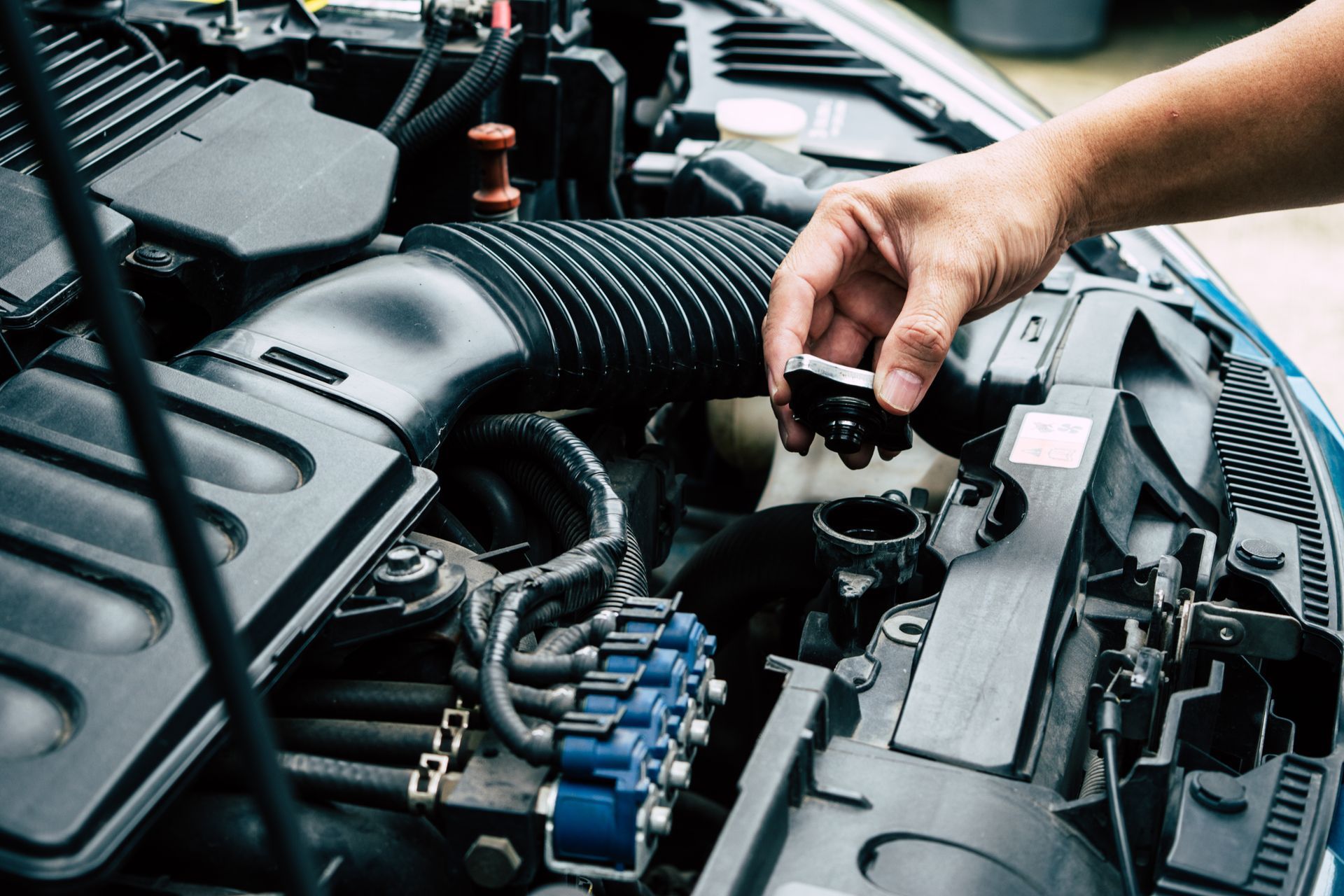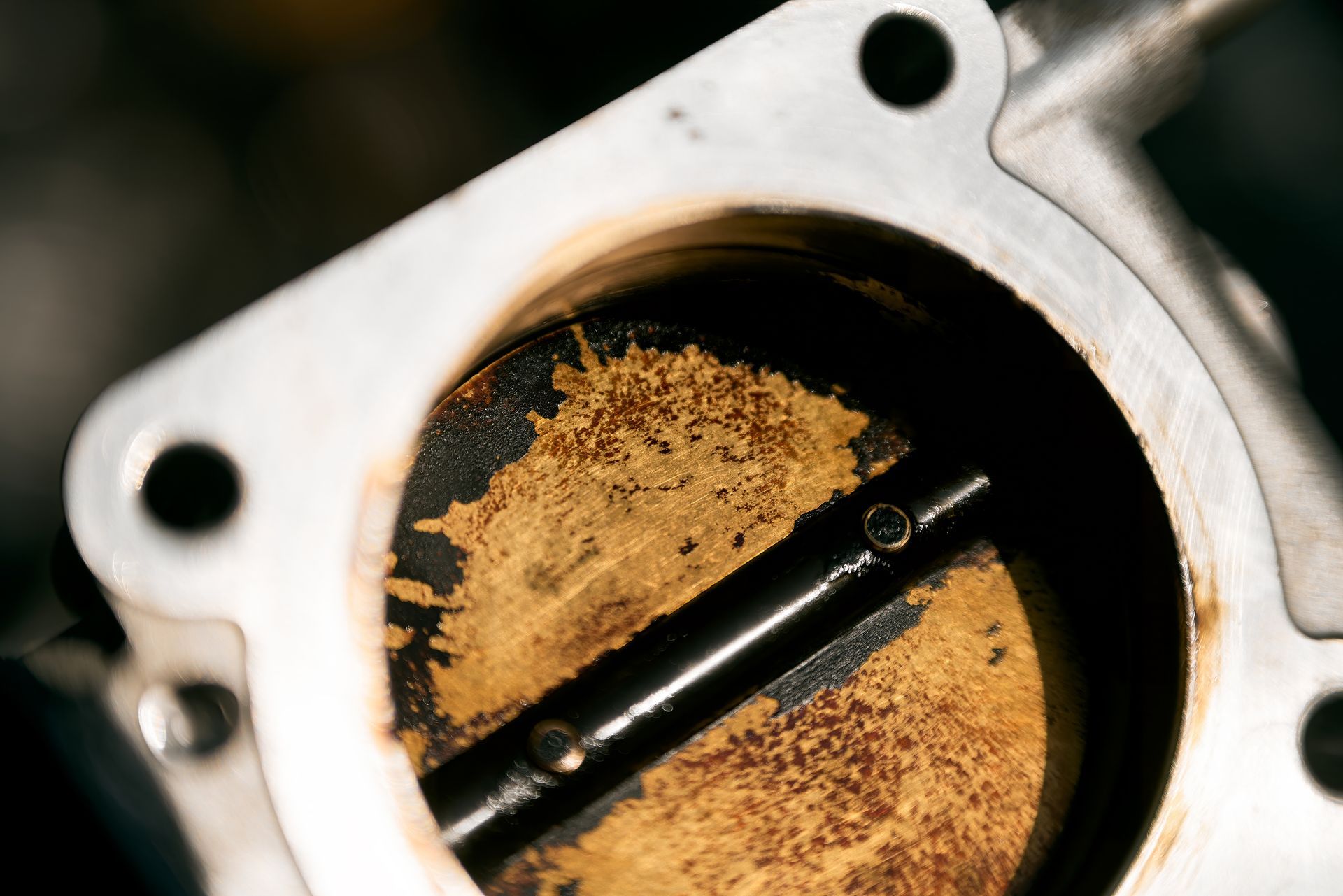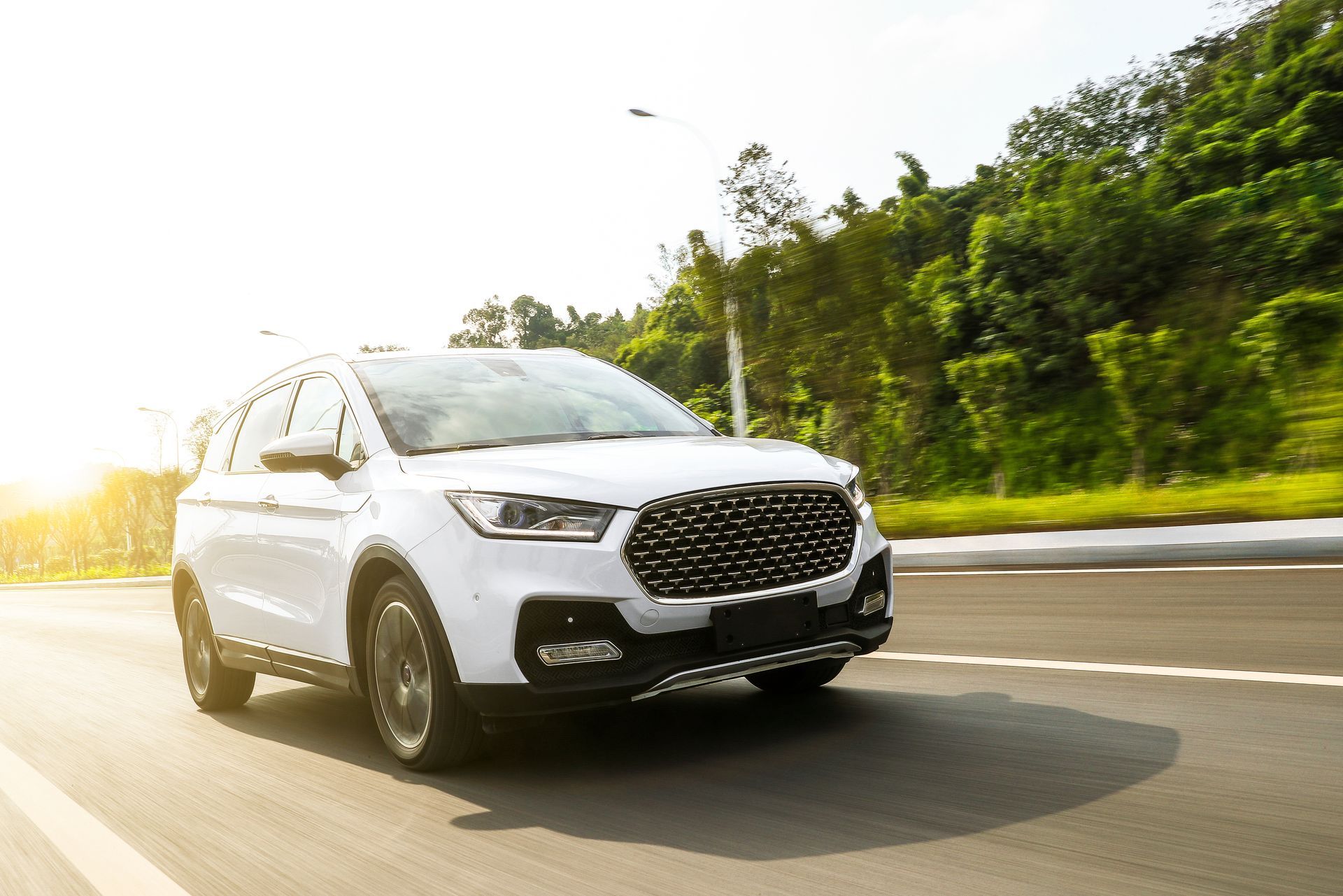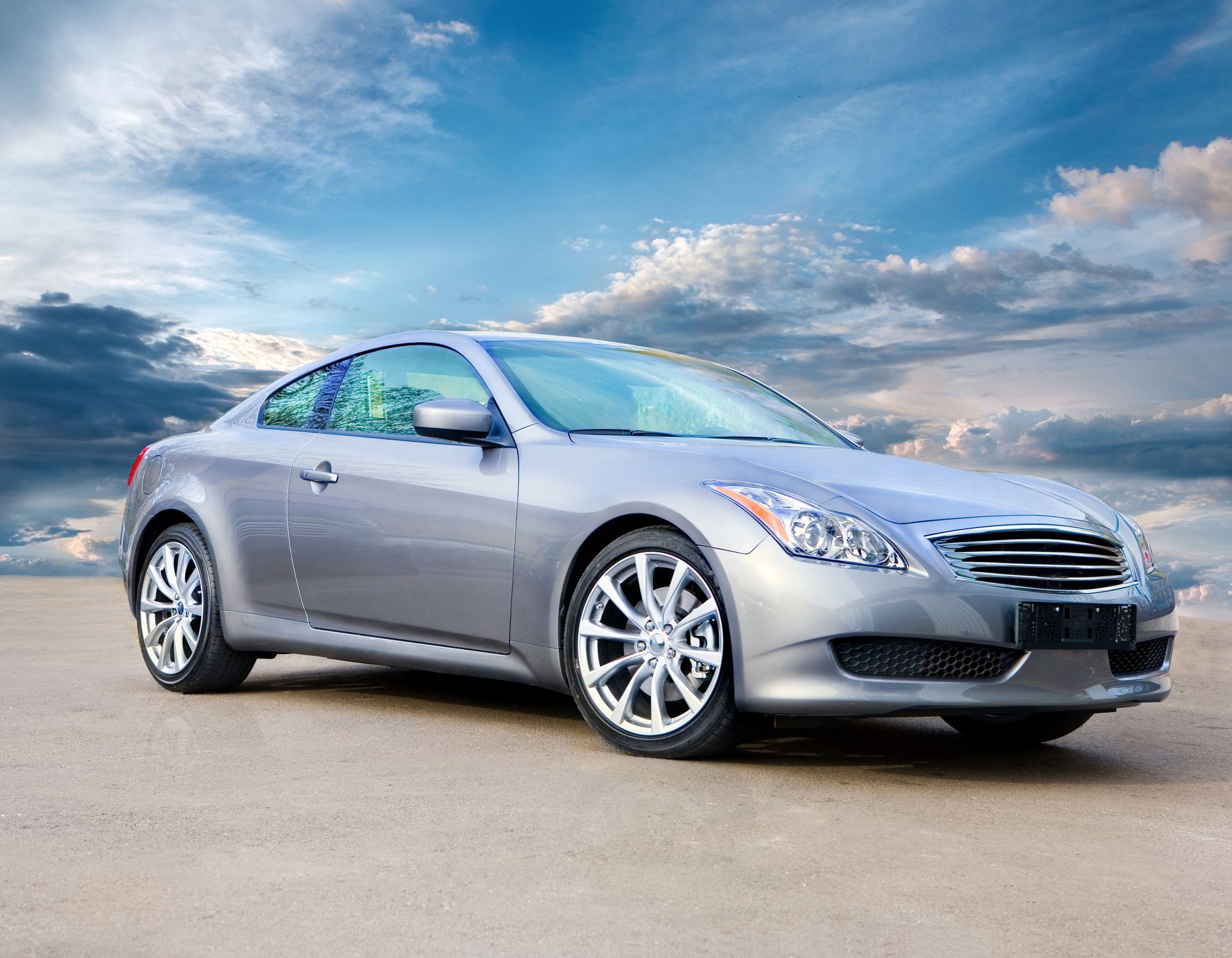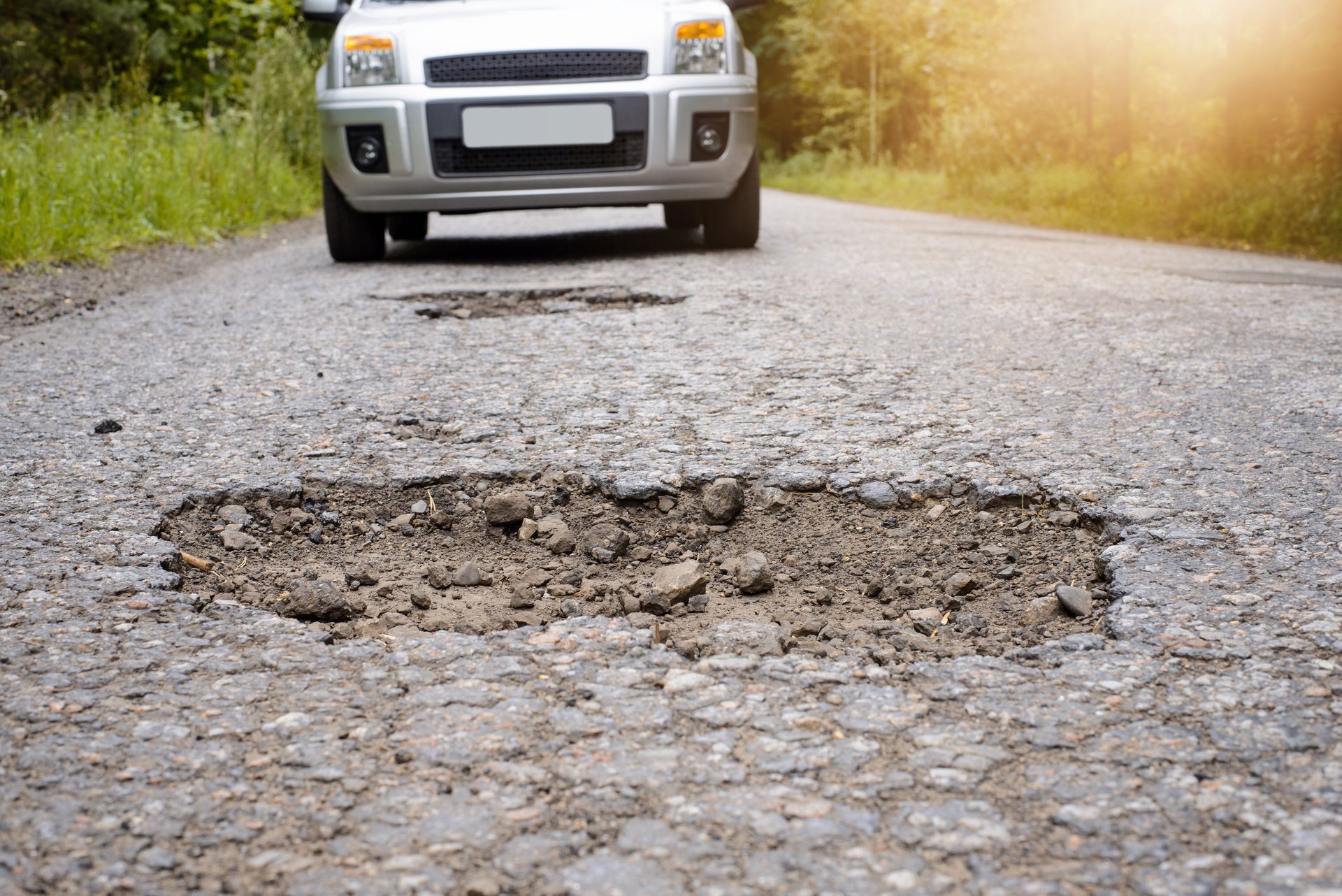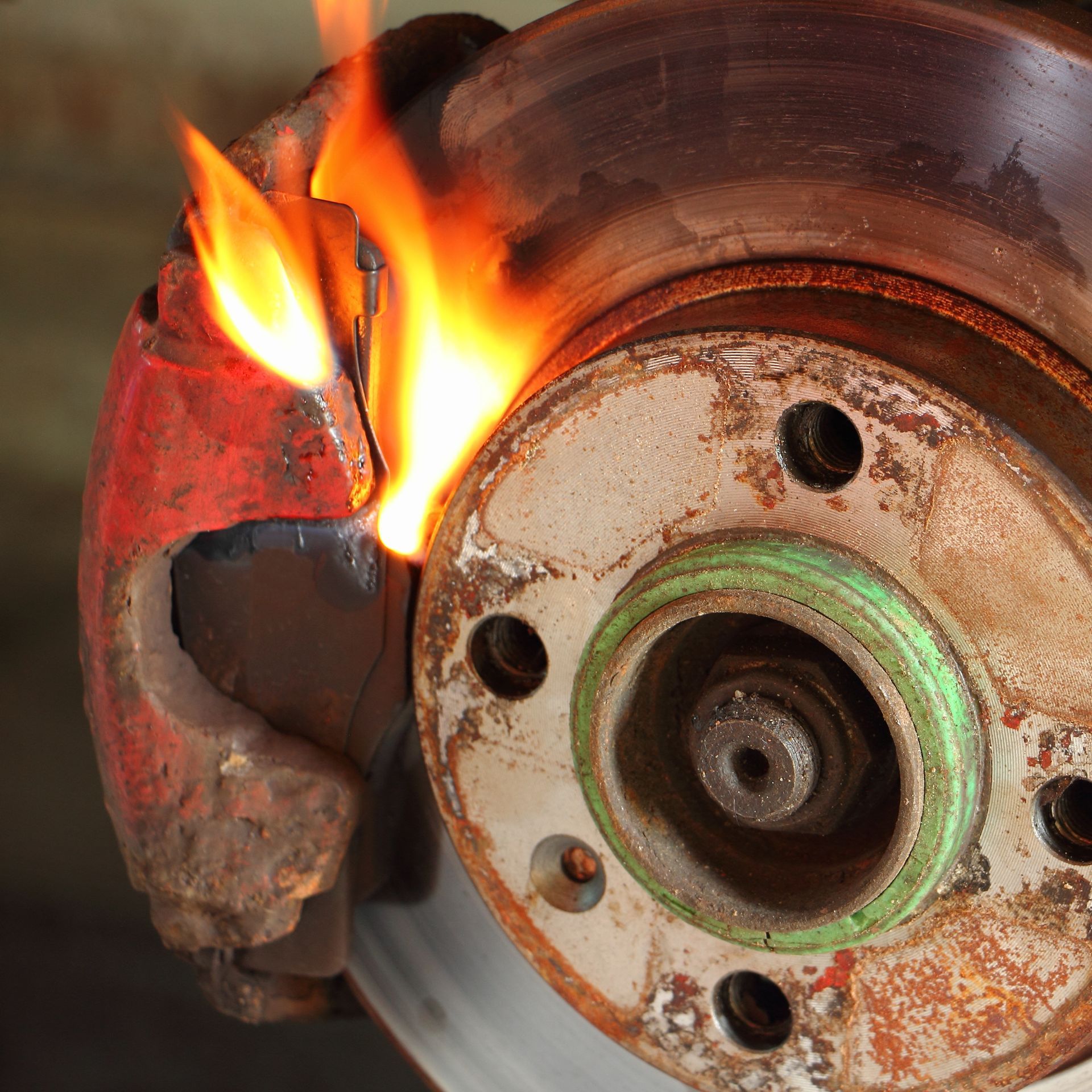Driving through high-altitude areas can be breathtaking—both literally and figuratively. However, if you’ve ever driven through mountainous regions, you might have noticed something peculiar: your car seems to lose power as you climb higher. So, why exactly does this happen? It’s not just in your head. There’s a scientific reason behind the drop in performance, and understanding it can help you prepare for these trips. We'll explain why cars lose power at high altitudes and how you can minimize the effects on your vehicle.
The Role of Air Density in Engine Performance
The primary reason cars lose power at higher altitudes is due to the reduction in air density. At sea level, the air is denser, providing more oxygen for your engine’s combustion process. As you ascend to higher elevations, the air becomes thinner, meaning there’s less oxygen available. Since your engine relies on a mixture of fuel and air to create power, the lack of sufficient oxygen results in incomplete combustion and reduced power output.
To put it simply: less air equals less power.
Fuel Combustion and the Air-Fuel Ratio
For your car’s engine to run efficiently, it needs to maintain the correct air-to-fuel ratio. At higher altitudes, this balance gets disrupted because there’s less oxygen in the air. As the oxygen decreases, your engine adjusts by reducing the amount of fuel it burns. While this helps to prevent your engine from running too rich (too much fuel compared to air), it also means that your engine isn’t able to generate the same level of power it would at lower altitudes.
The drop in oxygen levels also affects turbocharged and supercharged engines, but they tend to cope better than naturally aspirated engines since forced induction systems help push more air into the engine, mitigating some of the loss in power.
Altitude and Air Pressure Impact on Vehicles
The change in air pressure at higher altitudes has more than just an effect on engine performance. Other systems in your vehicle may be impacted as well.
- Cooling System: The lower air pressure at high altitudes can cause your engine to run hotter, which puts extra strain on your cooling system.
- Transmission: If you’re driving uphill, your transmission is working harder to keep up with the demands of the climb, further reducing efficiency.
- Fuel Economy: Your car’s fuel economy can take a hit due to the lower power output. Since the engine is working harder to maintain speed at high altitudes, it burns more fuel.
What About Turbocharged and Supercharged Engines
Turbocharged and supercharged engines can partially offset the effects of high altitude on power loss. These engines force more air into the combustion chamber, compensating for the thinner air. This results in better overall performance compared to naturally aspirated engines at high altitudes.
However, even forced induction systems aren’t completely immune to the effects of altitude. While they do help maintain power better than naturally aspirated engines, you’ll still notice some loss in performance, especially at extreme elevations.
How to Minimize Power Loss at High Altitudes
Although you can’t completely eliminate the effects of high altitudes on your car’s performance, there are a few things you can do to help minimize the impact:
Regular Maintenance
Keeping your engine in top condition is the best way to ensure it’s performing at its peak, no matter the altitude. Make sure your air filter is clean, as a clogged air filter can further reduce oxygen flow to your engine.
Fuel System Cleaning
Carbon buildup in your fuel system can reduce the efficiency of your engine, especially when combined with the challenges of high altitudes. Regular fuel system cleaning can help prevent this issue.
Use Premium Fuel
In areas of higher altitude, premium fuel with higher octane levels can help your engine perform better by reducing the likelihood of knocking or pinging caused by lower air pressure.
Plan Your Route
If you know you’re going to be driving through high-altitude areas, plan your route carefully and be prepared for changes in performance. Avoid putting too much strain on your engine by keeping a steady speed and avoiding aggressive acceleration.
Get the most out of your vehicle, even at high altitudes.
Mountain Tech offers top-notch maintenance services to keep your car performing at its peak. Contact us today to book an inspection and
keep your car road trip ready!




